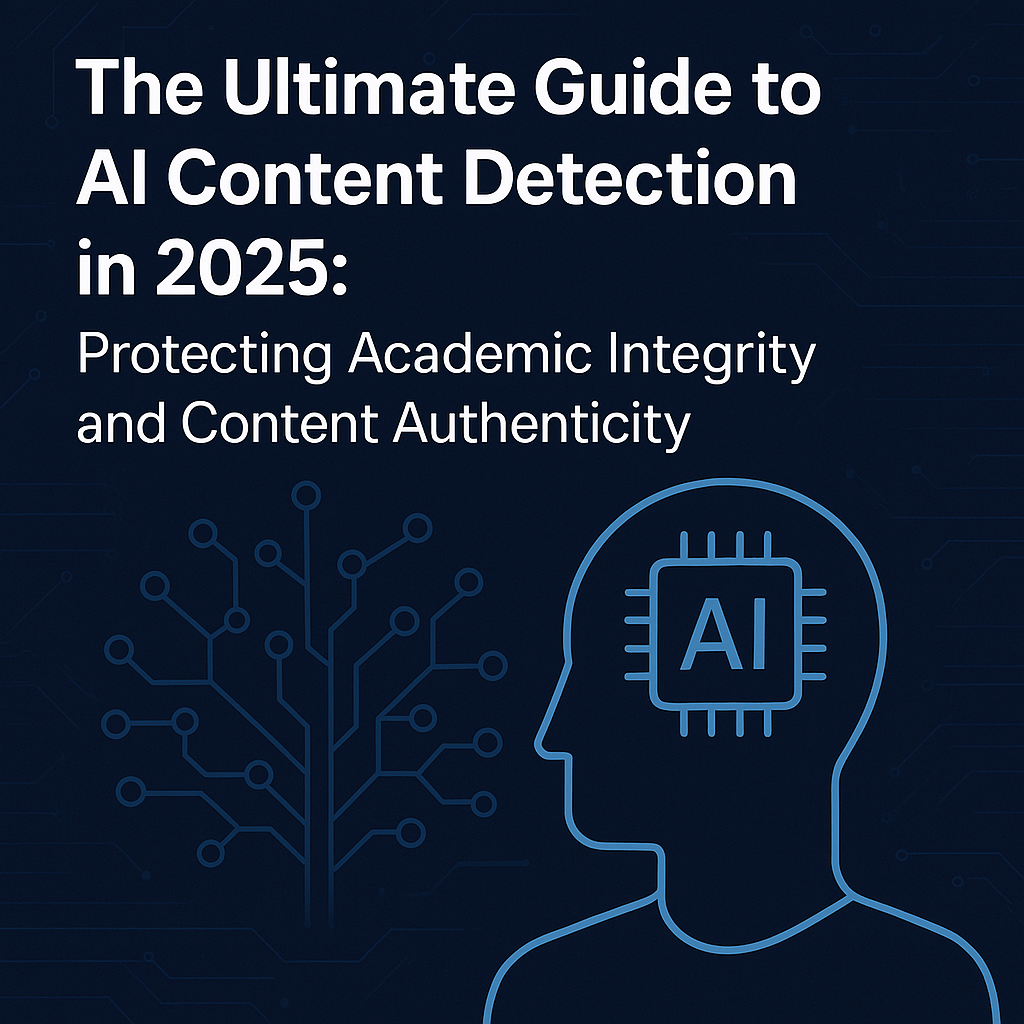Ethical Approaches to Humanizing AI-Generated Content
Explore ethical guidelines for refining and personalizing AI-generated content while maintaining integrity and authenticity in your writing.
As AI writing tools become more prevalent, many writers and students are using them as starting points for their work. But how can you ethically refine AI-generated content to make it more human-like and personal? This guide explores responsible approaches to humanizing AI text.
First, understand that the goal of humanizing AI content should be to add your unique perspective and insights, not to deceive readers or evaluators about the origin of the content. Transparency about AI assistance is the foundation of ethical practice.
Start by thoroughly reviewing the AI-generated content and identifying areas that lack personal voice, specific examples, or nuanced understanding. These are opportunities to infuse your own expertise and experience.
Add personal anecdotes, specific examples from your own research or experience, and unique insights that only you could contribute. This transforms generic AI content into something that genuinely reflects your knowledge and perspective.
Restructure the content to follow your natural thought process rather than the algorithmic structure typical of AI outputs. Move paragraphs around, combine or split ideas, and create transitions that reflect how you naturally connect concepts.
Revise the vocabulary to match your authentic voice. If you rarely use certain terms or phrases that appear in the AI content, replace them with words you would naturally choose.
Finally, critically evaluate the content for accuracy and bias. AI systems can produce convincing but incorrect information or reflect biases in their training data. Apply your critical thinking skills to ensure the final content is not only more human-like but also more accurate and fair.
By approaching AI content as a collaborative starting point rather than a final product, you can ethically enhance it with your unique human perspective while maintaining integrity in your work.
Share this article
Help others discover this content
About Emma Rodriguez
Emma Rodriguez is a Content Strategist with over a decade of experience in digital publishing. She specializes in ethical content creation practices in the age of AI.
